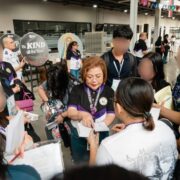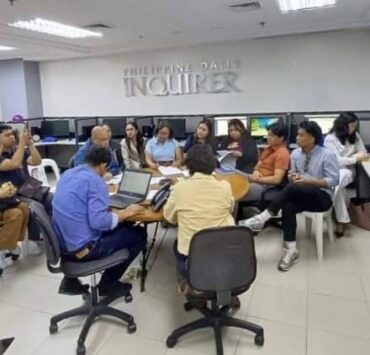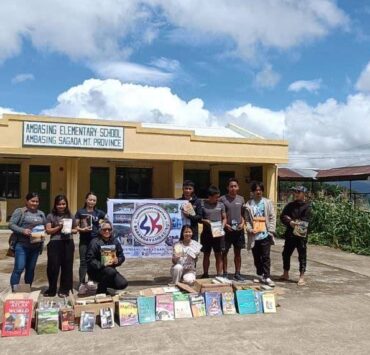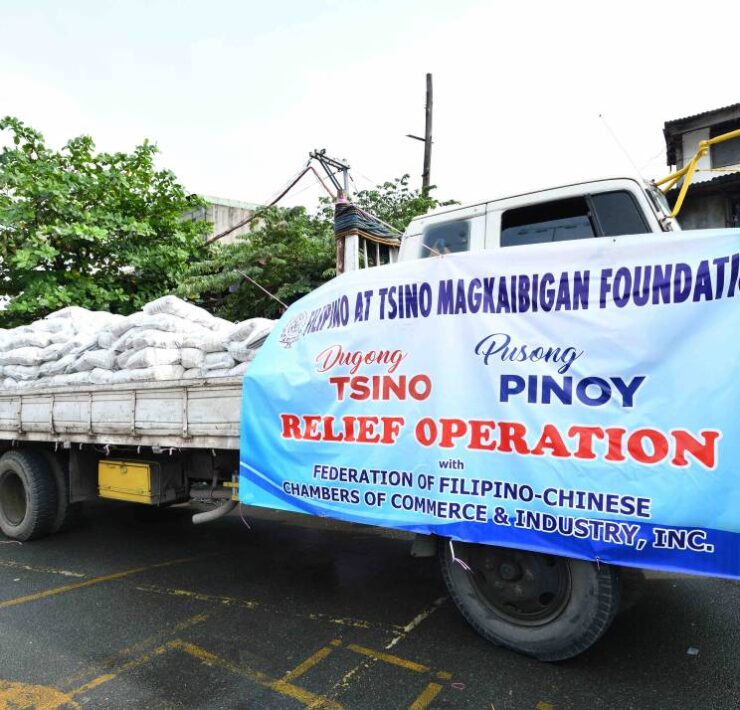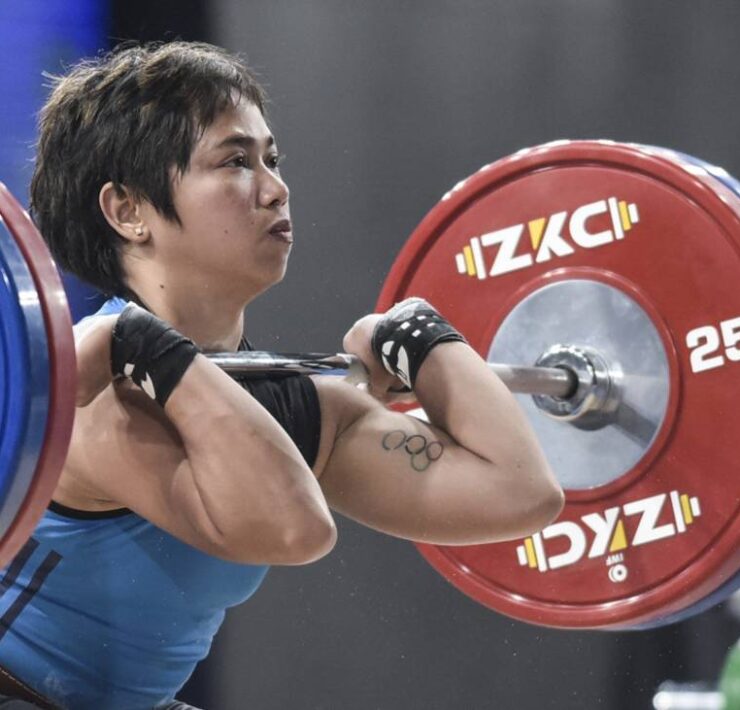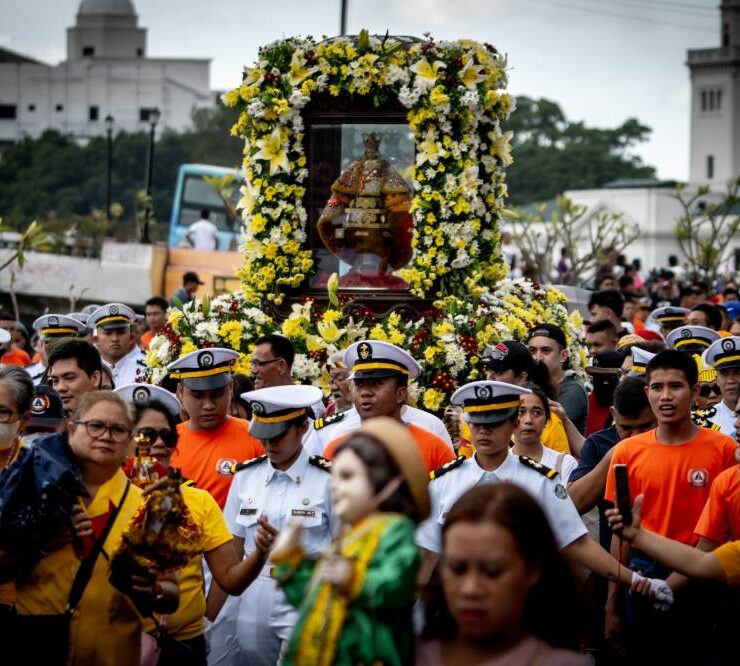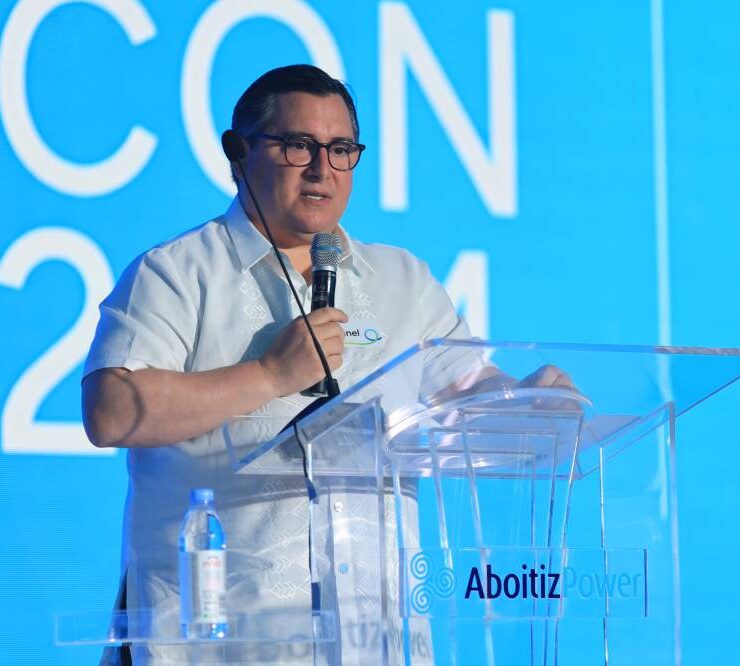Away with ‘padrinos’: Small DIY press fair champions indie artists, creators
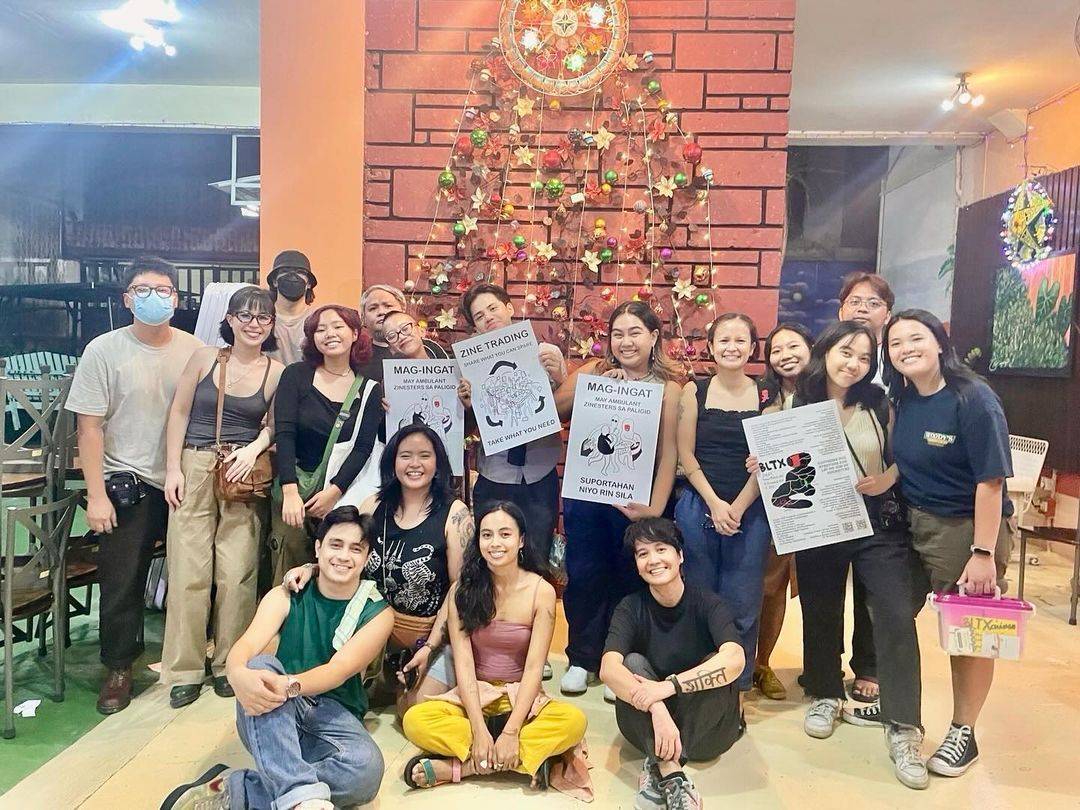
“Art isn’t easy—have to keep things in scale, have to hold to your vision,” goes the lyric by Broadway composer Stephen Sondheim.
True enough, for many artists, forging a path toward genuine artistic freedom and expression is a struggle that involves more than just creating and showcasing their work.
The reality of cultural production in the Philippines is fraught with problems and the same age-old questions: What kinds of value does art provide in society and culture? Who gets to decide such value, and why? Who gets to create and access art? Who gets to have their works published or exhibited, and what rewards are there in making them—if there is even one?
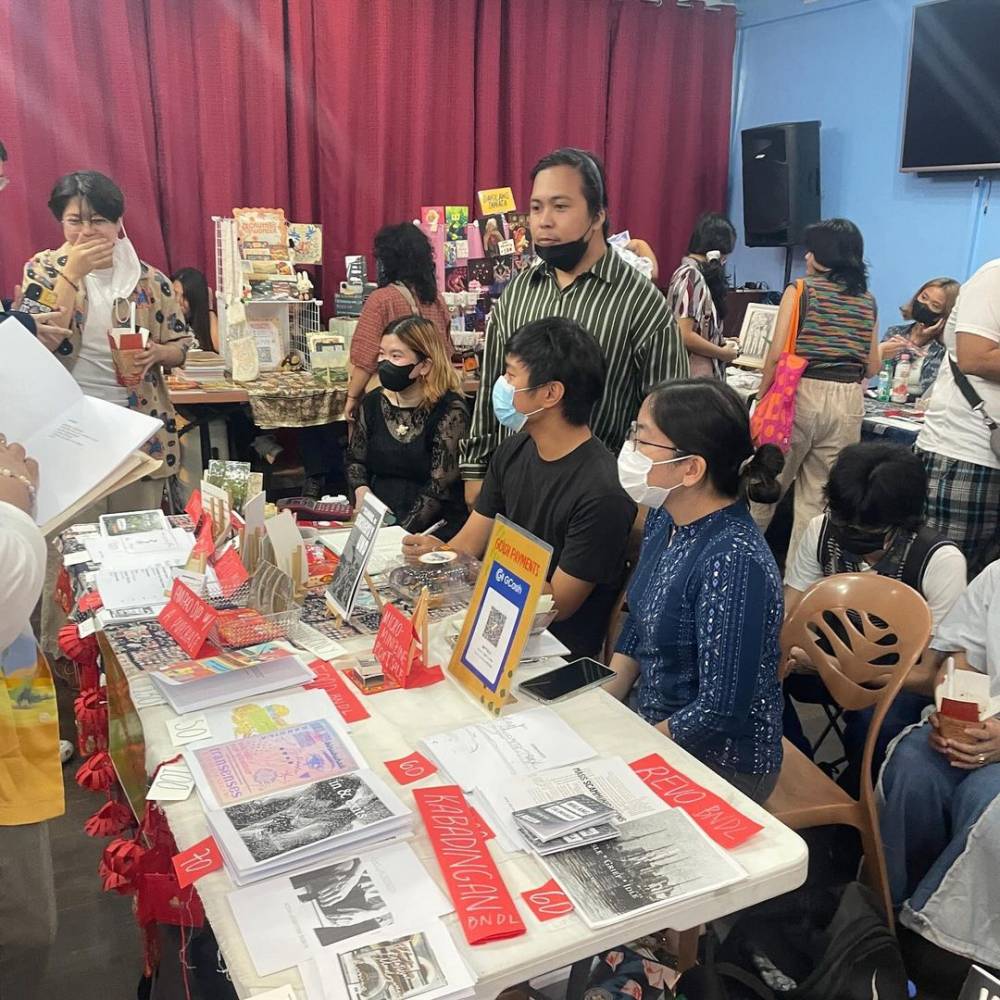
Literary patricide
Better Living Through Xeroxography (BLTX) is a yearly small press fair founded at a time when younger writers, writers who did not write in English, and writers without “padrinos” had scant or zero access to publishing avenues compared to, say, older established writers, and writers in the mainstream.
“It started as a manifesto on literary patricide,” said cofounder Adam David in an email interview. He does not mean patricide as those that occur in stories, like Oedipus killing his own father, though the concept also comes to mind. What David means is “metaphorically [killing] padrinos” by way of empowering younger writers to “wantonly [publish] themselves and their peers without anyone else’s blessings or permissions.”
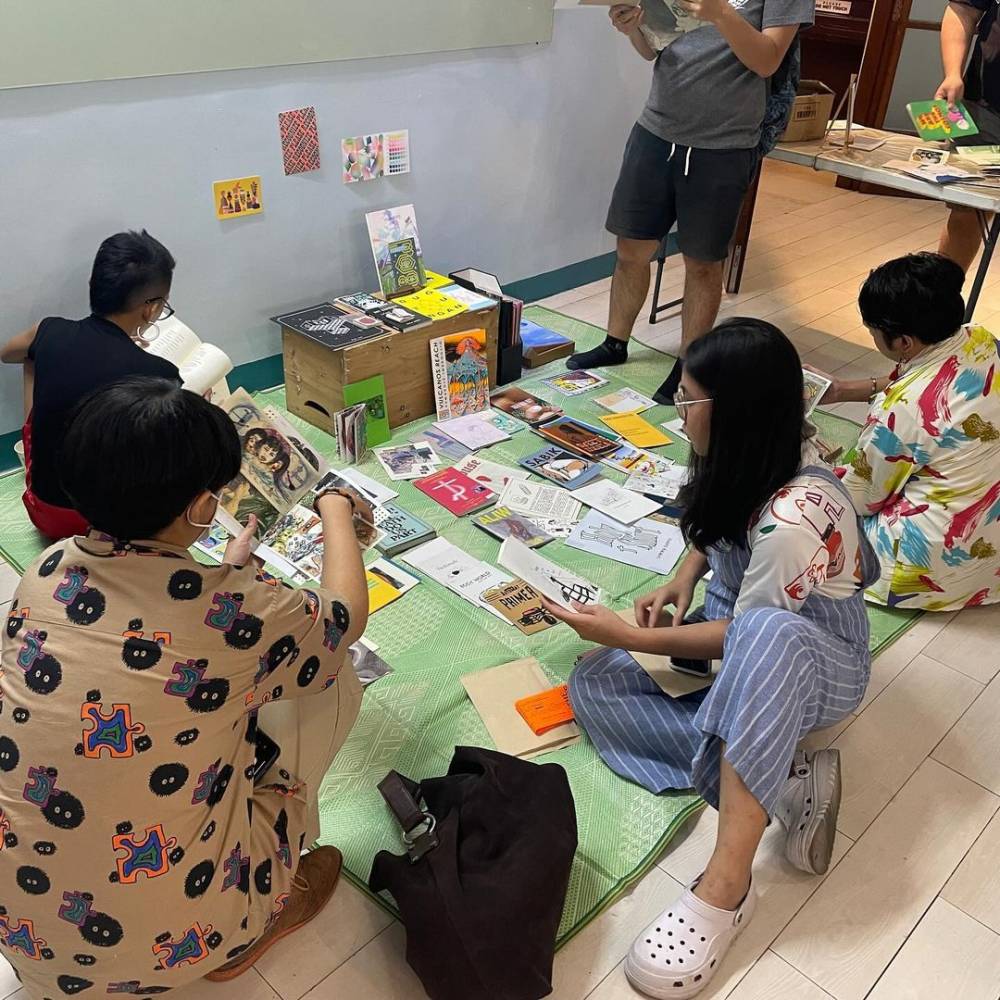
BLTX’s goals remain the same since its first staging in 2009: artistic autonomy in the production and distribution of one’s own work, where creators are free to “define the cultural and economic value of their work in their own terms,” which extends to “the ethics of their and their community’s art practice.”
For proponents of BLTX, this means embracing the principles and practice of small, independent (or “indie”), and do-it-yourself (DIY) production where the process of producing a work—from conceptualization and production to distribution and promotion—is “free from interference or support from institutions… as far away from the profit motive as one can get.”
To produce works independently means creating outside the need for mere profit or against the market logic of “bigger is better.” For David, it means creating conditions where a writer or an artist is free to explore any subject, experiment in different formats, write in different languages, and address the concerns of communities creatives often neglect, “like farmers, nurses, migrant workers, survivors of extrajudicial killings, sadly among many, many, many others.”
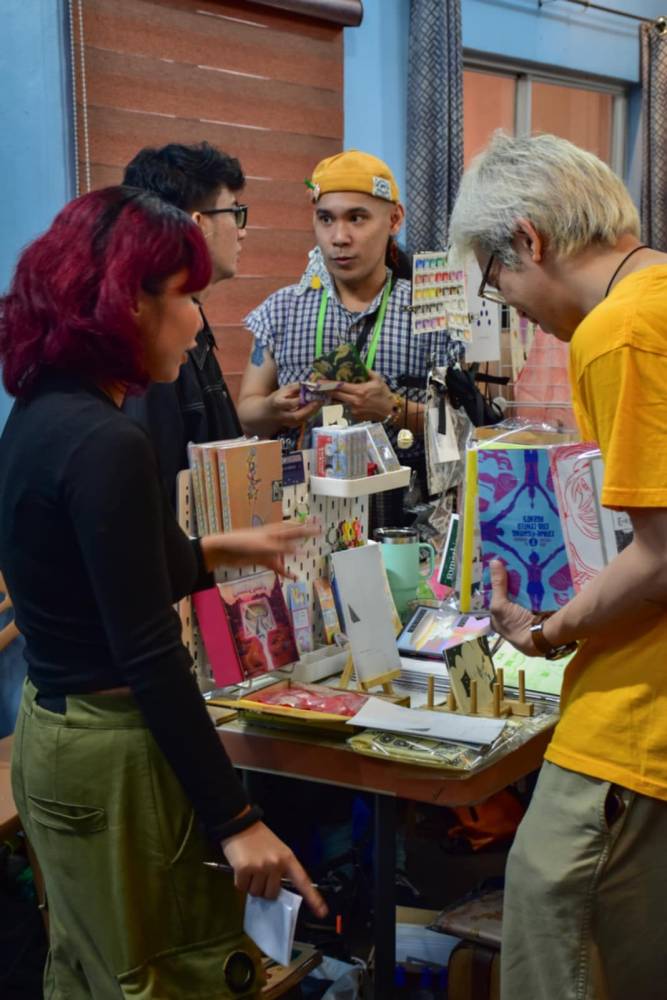
Gone regional
What first started as an expo at a videoke bar in Project 4, Cubao, has now gone regional with past stagings at La Union (which they have termed “BLuTX”), Davao, Naga, Cagayan de Oro, and Baguio. It has served various communities in these localities and wherever their “methods and perspectives are helpful,” including numerous advocacies as well as communities of women and LGBTQIA+.
By principle, BLTX is organized “cheaply”: The workshops and forums are free, and table rentals for the expo where artists get to sell or trade their works (usually zines, stickers, printed shirts, and other DIY stuff) range from P300 to P500, just enough to cover costs like the rent of the venue (which for recent installations of BLTX have been in Sikat Studio, Tomas Morato, Quezon City) and other reimbursements like printed event posters and materials for making coffee.
“The one community BLTX has served through the years is the ever-emerging community of independent small-scale creators, all of us lifers and amateurs and hobbyists and late bloomers and child prodigies and idiot savants and weirdos all around trying to make artistic fire happen by rubbing two beinte-cincos together,” said David.
“[BLTX] reminded people that writing and publishing are not exclusive to people who come from or have access to certain institutions,” he added, “that anyone can do it.”
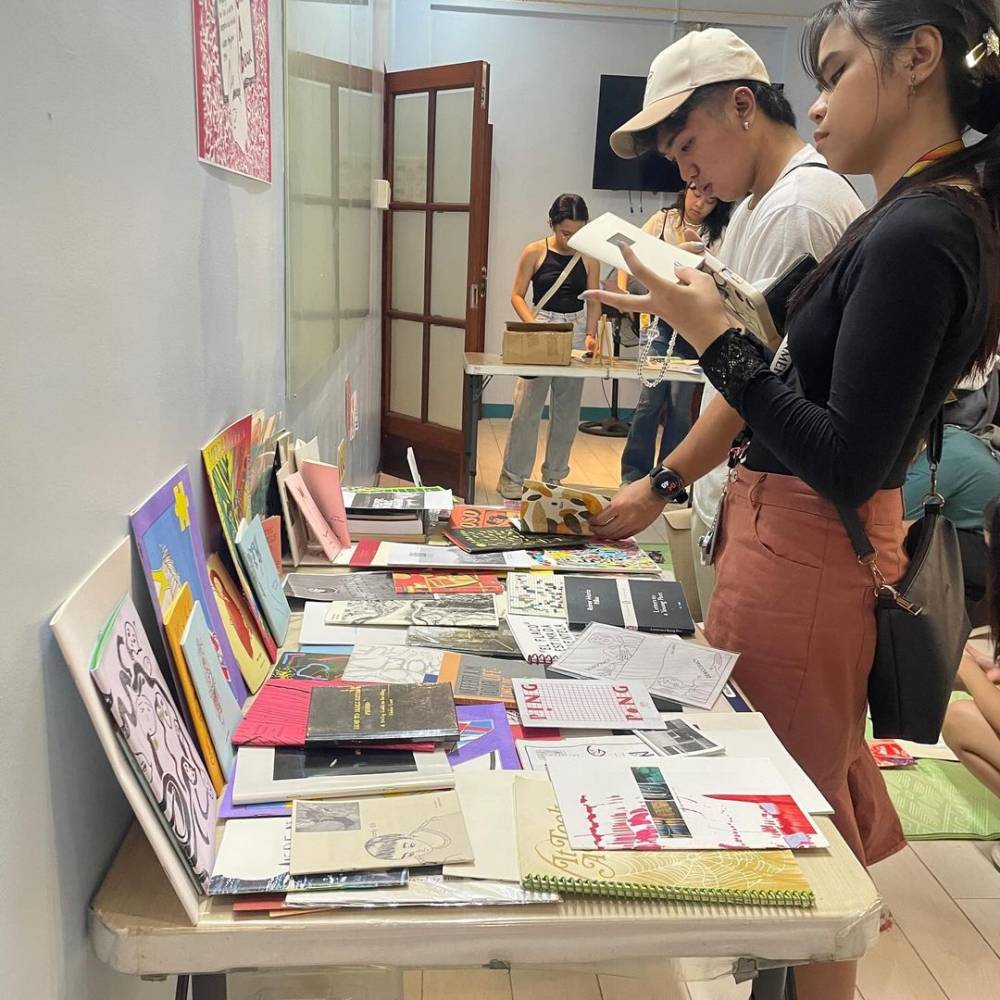
Collaboration, communities
Collaboration is also central to making BLTX happen. Staying true to its commitments of going small-scale and independent, the annual expo, which over the years has included workshops, forums, and even a library, is collaboratively organized with other small and independent presses with diverse but interconnected persuasions.
David mentioned that nearly half a dozen groups currently organize the expo, with over a dozen having participated since its inception. These include Gantala Press, an independent, nonprofit, volunteer-run Filipina feminist press; Magpies Press, an artist collective that explores collaborative independent zine publishing; Makò Micro-Press, a radical group of DIY artists; Studio Soup Zine Library, a small distro and archive in Manila; and Paper Trail Projects, the small press and shoestring operation founded by David and Conchitina Cruz.
“We are all volunteers so we don’t get paid,” he said. “We always make efforts to be transparent about all this information, but this year we made even stronger efforts to be even more transparent to the first-timers about all this information, hoping they become emboldened and empowered enough to start doing happenings themselves.”
David observed that since the beginning of the COVID-19 pandemic, a lot of people have taken on DIY arts and crafts and creativity as therapy to cope. This has yielded “a burgeoning community of artists and artisans [who] were all lying in wait looking for spaces to continue producing and selling their work,” especially once the lockdowns and quarantines ceased.
Finding an opportunity to tap into this “mother lode of revenue,” art markets started to pop up all over the country. According to David, “After confirming the richness of this mother lode, the art markets predictably proceeded to follow market logic: They became abusive and raised [their] table rental prices and spread even farther and wider.”
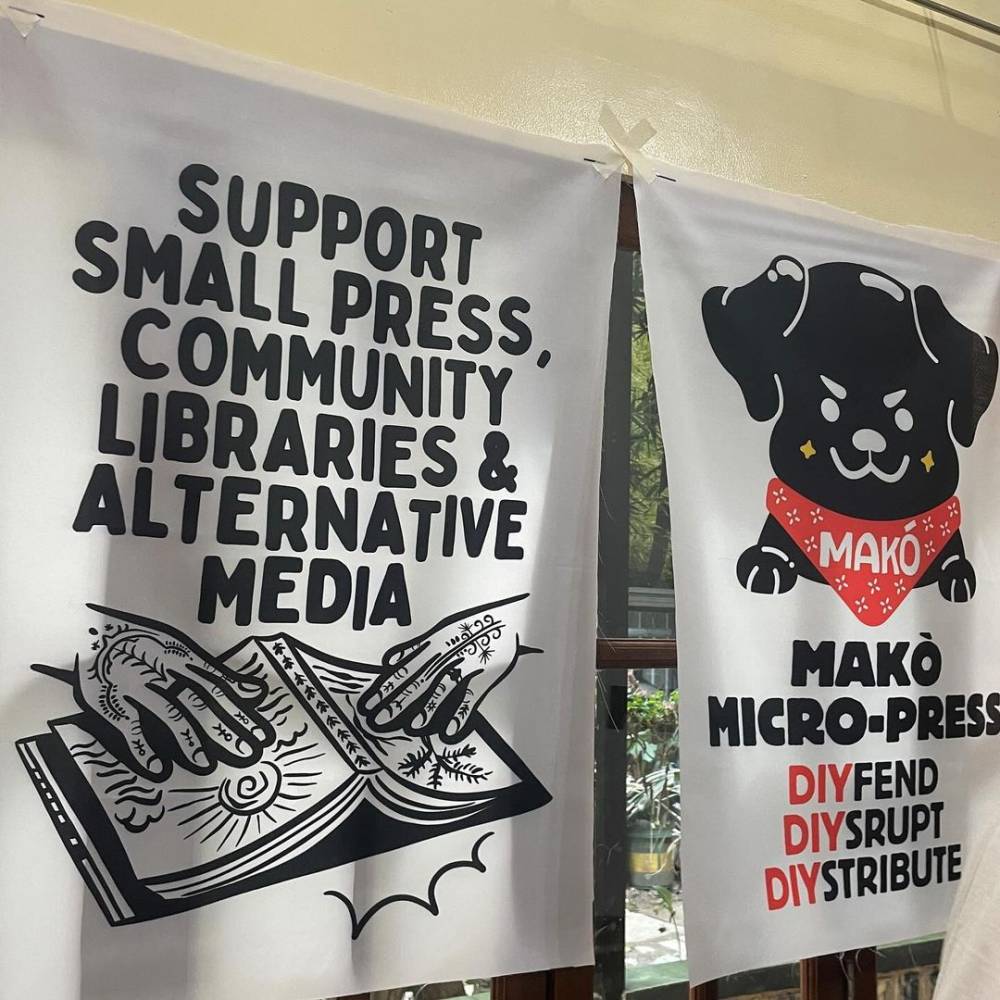
In with the new
This was why, in February this year, BLTX was staged for first-timers. “We wanted to remind even just a small portion of these new, mostly young artists and artisans that, much like how they started their art practice during the pandemic, they can also organize themselves and their own happenings cheaply, without the need to abuse anybody,” David said.
For individuals like Shekynah Samadan, BLTX “was like Christmas.” She recalls saving up lunch money so she could support her favorite writers and artists, who she also gets to know and talk to, and buy from new ones she meets at the expo.
Now, she co-organizes BLTX as comanager of Studio Soup Zine Library and saves money from her salary so that she can not only buy works but also create her own to sell or trade.
“Now that I’m part of the organizers of BLTX, I’m still as excited as I was back when I first found out there’s this type of event that happens in the country,” she said. “It was unlike the art markets that I knew back then. It was a bazaar that upheld pure DIY publishing where the main focus was creative writing and putting your work out there in a physical form.”
This year—which also marks the expo’s 15th year—was about slowly receding the roles of older organizers so that younger ones get to step in. David explains that this is because BLTX needs to be “replenished” with “genuinely new ideas and concerns coming from new people.” He shared that organizers have “stabilized with more younger individuals with fresh perspectives on the old problems and also looking toward history to help solve emergent problems.”
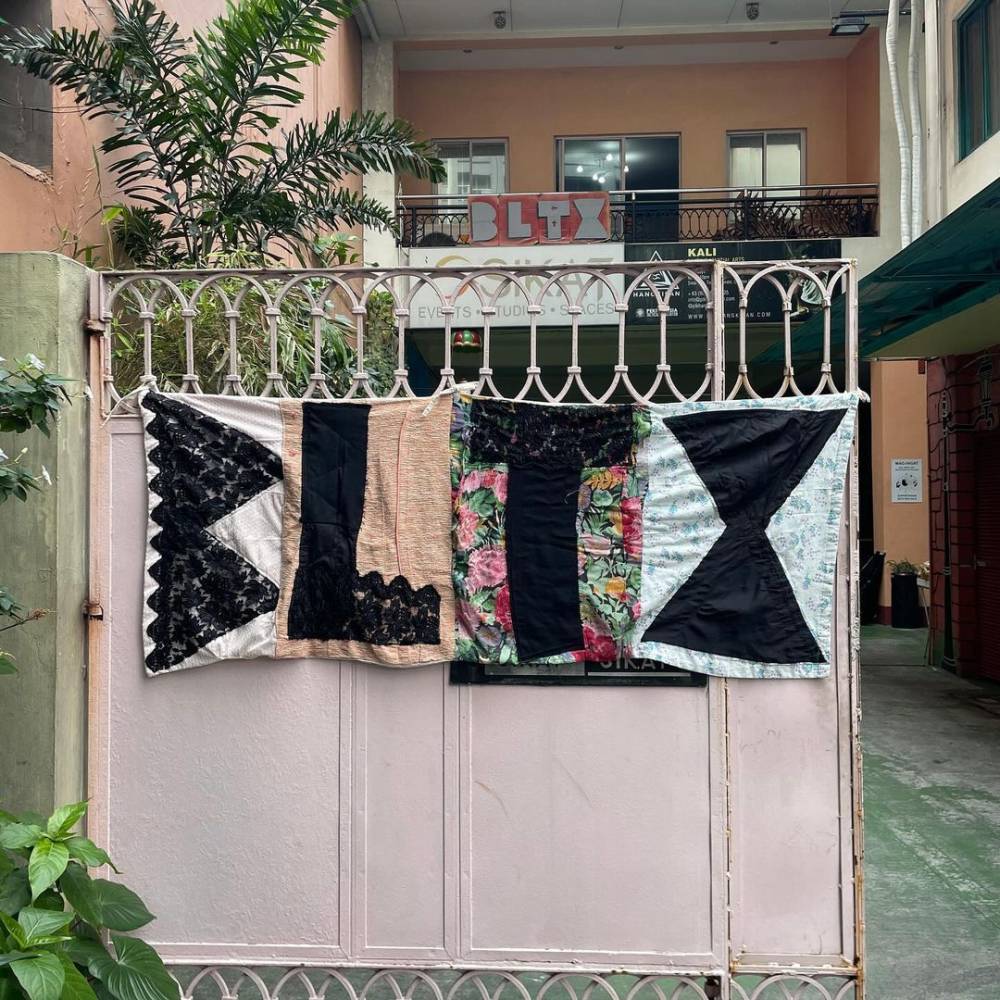
Embrace the mistakes
Yet the politics and practice of small-scale, DIY, and independent publishing need not start and end with BLTX. “I hope that many young artists and writers develop the urge to organize and create more events like [BLTX] in our country,” said Samadan.
“Never be afraid to create and take up space, and do it with a sense of community care in mind,” she added. When asked what she has to say to artists, writers, and even just those inclined, Samadan said to “embrace the mistakes you make when self-publishing, be as welcoming as you wish to be, but defy just as much. And, lastly, make your own BLTX.”
As BLTX looks to the future, it plans to do fewer expos and more forums and workshops. Nevertheless, BLTX remains headstrong in its commitment to exist in spaces “far if not free from market’s reach,” where it gets to reevaluate the value of art and its practice “in an industry increasingly redefining and narrowing the meaning of the words ‘independent’ and ‘artist.’”
Check out more of their important work and goings-on by visiting their Instagram (@xeroxography) and Facebook page (https://www.facebook.com/xeroxography/).
Sources: Inquirer Archives, Makò Micro-Press Facebook page, Magpies Facebook page, BLTX Instagram page, gantalapress.org, papertrailprojects.com, studiosouplibrary.wordpress.com













